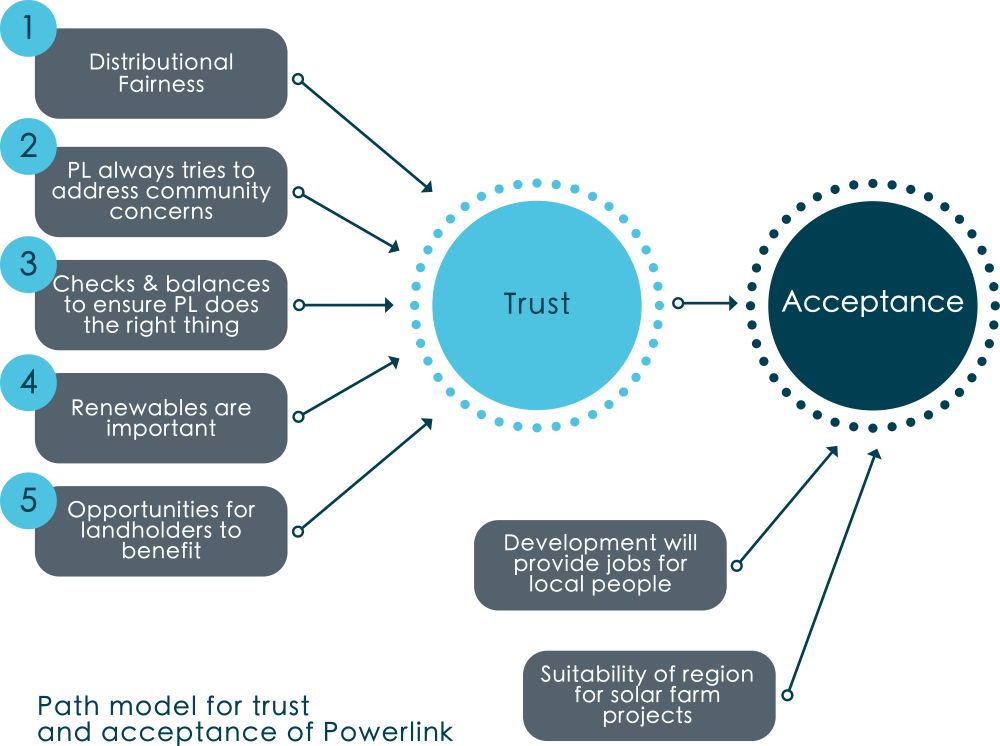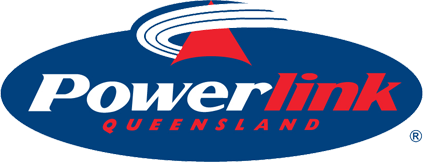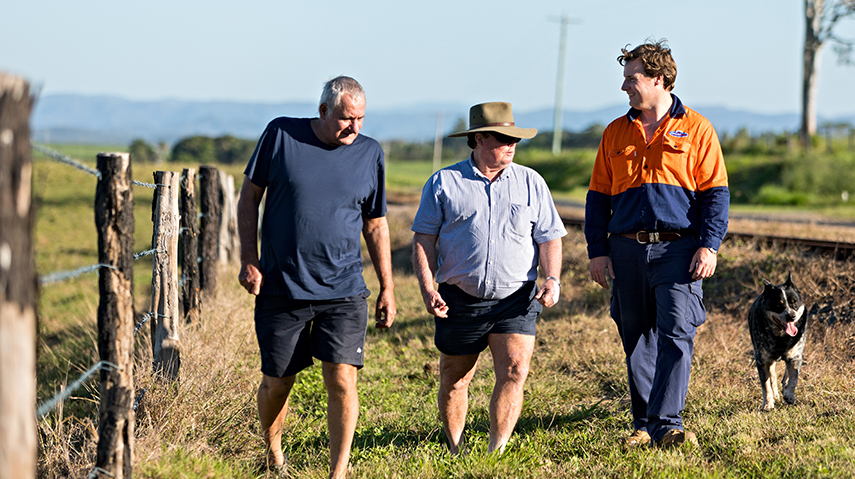Powerlink Queensland, Australia
Context
Powerlink Queensland is a high-voltage electricity transmission network operator in ‘The Sunshine State’ of Australia. In 2021, the company engaged Voconiq to seek the perspectives of community members in Southern Queensland regarding renewable energy development, the nature of community relationships with Powerlink, and the general capacity of communities across the region to manage the development that’s coming. Powerlink is itself undergoing a transition as it supports the transition of this region into significant renewable energy hub.
Challenge
Building the new transmission infrastructure required for increased renewable energy in Queensland is a vital and complex task. The infrastructure will be hosted in a range of regional communities, accommodating significant additional renewable energy projects. Understanding the attitudes of those communities to renewable energy and transmission infrastructure and the broader social context will be an important foundation.
Solution
Voconiq provided an end-to-end community engagement and data gathering service combined with data analyses and bespoke data interpretations, recommendations and reports. This process utilized five different community recruitment channels including research panels, field teams, and traditional media as well as online channels including websites and social media.
In addition, a further sample of community members were recruited for in-person interviews. Combined, the sample was robust, diverse and large enough to make meaningful comparisons in the data. Voconiq processed and distilled the quantitative survey and qualitative interview research from the wide range of communities across various local government areas and imparted the results back to Powerlink in plain, nontechnical language. This provided them with a clear picture of what their communities care about and actionable recommendations for how to improve the trust and acceptance of their company for the planned operations.

Impact
As Powerlink prepares to provide the backbone infrastructure required to deliver renewable energy development, there is a need to identify in which areas it should focus to build deeper, stronger relationships with communities across this region. Voconiq’s path modelling provided a recipe for action while the descriptive survey data provided a valuable baseline on its key components. Interviews with Powerlink landholders provided context and depth around how this specific group experiences issues. Together a picture formed detailing Powerlink’s current stance in the community and exactly which areas they should focus on to increase their social licence to operate into the future. The company has now engaged Voconiq to undertake similar processes in Central and Far North Queensland.
Powerlink now has the tools to understand what drives the trust and acceptance of their company, and the ability to report on their social performance of their future operations— benchmarked against this baseline data (gathered prior to major renewable infrastructure builds)—in addition to understanding what they need to do in the immediate future to work in with and accommodate their communities.


